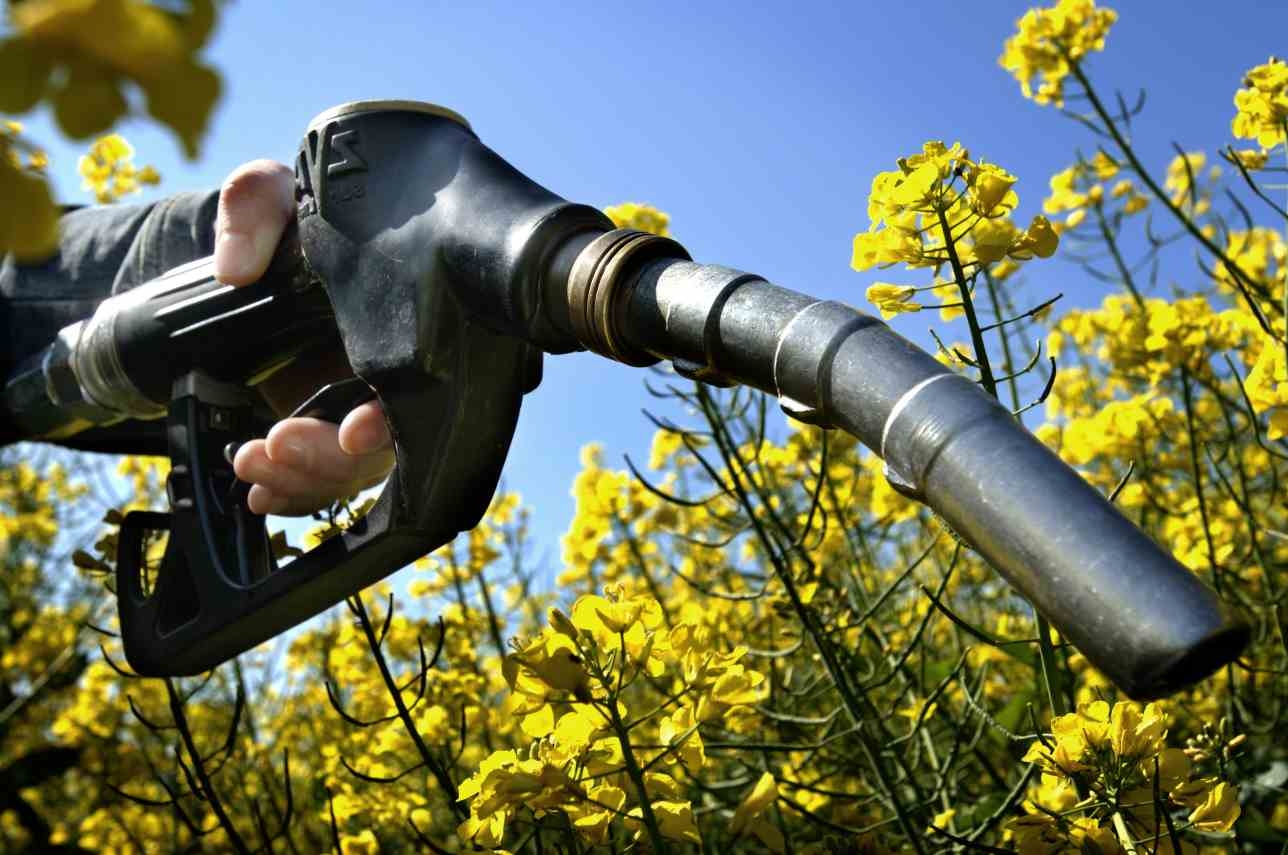The embargo on Russian oil will increase the demand for raw materials for biofuels in the EU

In 2021/22, the EU increased its imports of rapeseed oil by 132% to 553,207 thousand tons compared to the previous season, and will continue to increase it further against the background of the embargo on Russian oil supplies.
The EU's plan to end dependence on Russian resources and increase the share of renewable energy to 45% by 2030 provides for the active use of biofuels. Rapeseed oil remains an important commodity for both domestic consumption and blending, as shortages of supplies and high prices for other vegetable oils create problems for buyers. Rapeseed is the most common oilseed crop in the EU for biofuel production, blends even at low temperatures, so it can be used in cold regions.
USDA experts said in a May report that global rapeseed oil supplies would remain limited due to rising food consumption due to shortages of other vegetable oils. According to FAS estimates, world consumption of rapeseed oil in 2022/23 MY will increase by 1 million tons to a record 30.2 million tons. Most rapeseed oil will be consumed by the food industry, while the share of oil for biofuel production will grow slowly.
As of May 25, the price difference between old and new rapeseed reaches $ 50-70 / t FOB Rotterdam, which makes the production of biodiesel from rapeseed oil unprofitable against the background of high domestic demand for edible vegetable oils. Sunflower oil shortages and declining rapeseed yields in 2021 in the EU and Canada have led to a sharp decline in old-fashioned rapeseed stocks.
According to the FAS oilseed report, industrial consumption of rapeseed oil in the EU in 2022/23 MY will decrease to 6.5 million tons, while food consumption will rise to 2.5 million tons. Industrial consumption of palm oil in the EU will also decrease and soybean - will remain unchanged.
As of May 27, Ukraine, which meets 23% of the EU's rapeseed oil needs, has sown 95% of the planned area with spring rapeseed and has good harvest prospects, which somewhat overshadow logistical problems. At the same time, Australia, whose share in rapeseed imports to the EU is 48%, in 2022/23 MY will reduce rapeseed production by 26% to 4.7 million tons.
Supplies to the EU of other raw materials for biofuel production, such as used vegetable oil and palm oil waste, will remain limited in the near future, as Indonesia, the world's largest producer, has forced exporters to first meet domestic demand.
Most EU countries are working to phase out the use of biofuels derived from food crops to conserve human resources in the face of the global food crisis. Therefore, biofuels from plants will be replaced by fuels from hydrogen, algae or waste oils or animal fats.
Germany plans to reduce the use of biofuels from plants to meet the greenhouse gas emission quota of 4.4% this year, reduced to 2.5% in 2023 and reduced to zero by 2030. Similar steps are being taken by Belgium, and Norway, Sweden and Finland are also working in this direction.


